Indonesia Faces Worst Human Rights Setback Since Reform Era, Says Amnesty
Religious freedom has also come under attack. Amnesty recorded 13 incidents of religious discrimination, including church closures, forced shutdowns of worship activities, and violent intimidation. Particularly disturbing were cases involving children and youth, such as a second-grade student who died following religious bullying, and the forced dispersal of a Christian student retreat in Cidahu.
In the realm of economic and social rights, the government’s flagship Free Nutritious Meals (MBG) program has come under fire following widespread food poisoning cases affecting over 11,500 children. The centralized, military-driven implementation of the program has been criticized for poor oversight, low food safety standards, and failure to uphold children’s rights to health and protection.
Environmental and Indigenous rights are also under threat, as strategic national projects and extractive industries continue to displace communities and degrade ecosystems. Projects in Papua, North Maluku, East Nusa Tenggara, and other regions have triggered conflict, while critics of these developments—especially local activists—face criminalization and harassment.
The expansion of military influence in civil life is a growing concern. The revision of the Military Law has allowed for increased military appointments, new territorial units, and military involvement in agriculture, healthcare, and strategic infrastructure. Amnesty warns this blurs the line between defense and civil governance, eroding civilian supremacy and democratic accountability.
Worse still, legislative proposals suggest granting the military investigative powers in general criminal cases—roles traditionally held by civilian law enforcement. At both national and regional levels, initiatives such as military-style discipline in schools and youth curfews reflect an alarming normalization of military control in everyday civilian life.



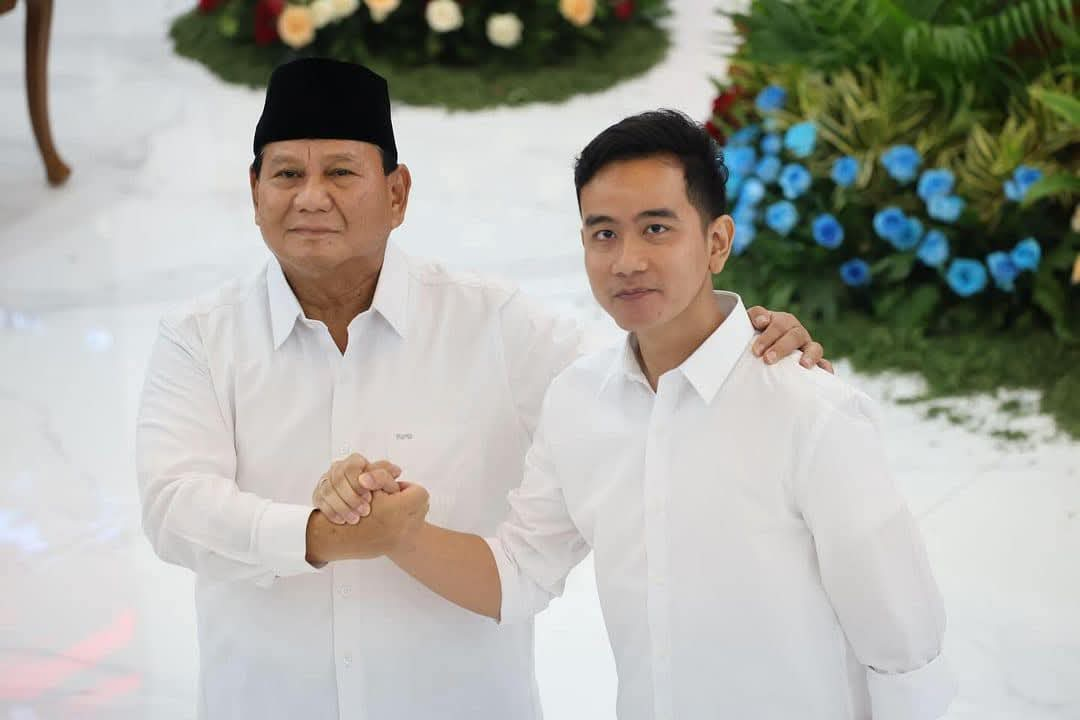





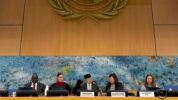
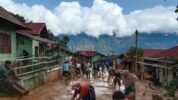












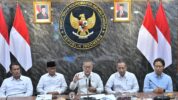


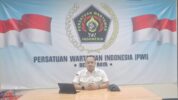
Tinggalkan Balasan